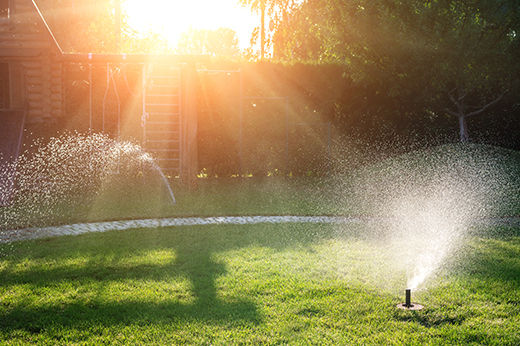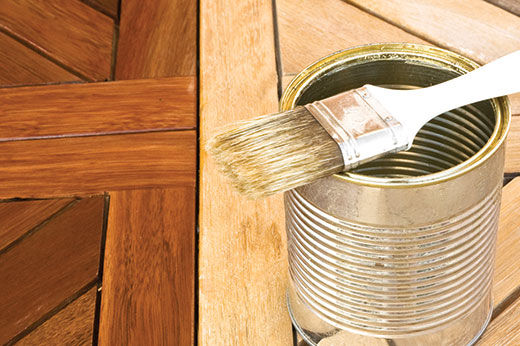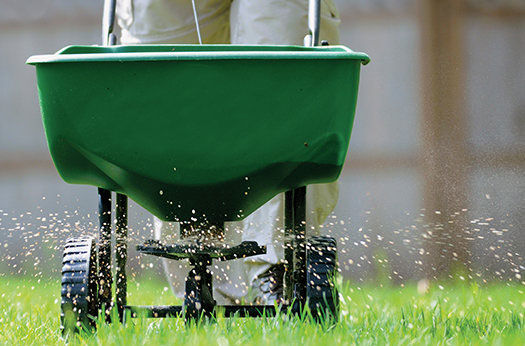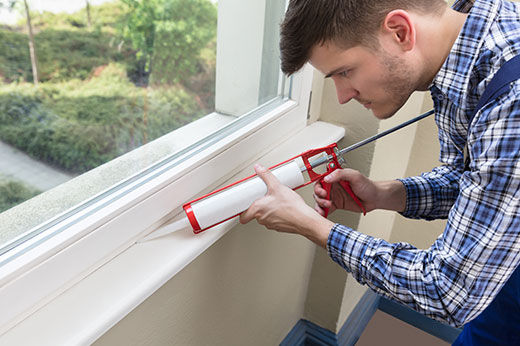5 Things to Do Before a House Appraisal

Whether you are planning an upcoming move or want to keep a pulse on how your home stacks up to local real estate values, a home appraisal is a great idea.
If you're new to the home appraisal process, it can be a bit daunting. Today, we'll explore what a home appraisal is, how to prepare for a house appraisal, and give you five must-dos to help the appraiser see your home at its best!
What Is a Home Appraisal?

So, first of all, what is a home appraisal, and why would you want one? You may want a professional evaluation of a property's market value for many reasons: if you're planning to sell your home, looking to refinance your mortgage, or hoping to keep tabs on the state of your real estate investment. A home appraisal is often the first step toward selling or financing.
A home appraisal is an evaluation of your home's current condition conducted by a certified or licensed home appraiser. It helps you determine the appropriate market value of your home or selling price. It can also provide a target amount for potential homeowners looking for a loan to buy.
The evaluation should be unbiased and objective. The appraiser will look at value-determining factors like the condition of your home, layout, features, and location. They will also examine recent sales of comparable properties in the area to calculate an estimated worth.
Hiring an appraiser is an early step in the selling or refinancing process. In a mortgage scenario, the lender may select the appraiser to ensure they offer a fair assessment of your home's value.
When your appraiser arrives, they'll look at the size of your home, the functionality, and the quality of construction. They will go through the inside and outside of your home, noting any issues that could have a negative impact on the valuation. The appraiser will likely check your home's closets, basements, and other hidden built-in areas. They may look for water damage, cracks, wiring that's not up to code, and other issues.
After the appraiser evaluates your home and does a market comparison, they will compile a detailed appraisal report. The report will include an analysis of the local real estate market, the condition of your property, and the selling prices of comparable homes.
If you're selling your home, the appraisal value can have a significant impact on your asking price. A higher appraisal can justify a higher price point, whereas a lower appraisal may mean that you need to come down to appeal to buyers.
If you are in the refinancing process, an appraisal will help the lender determine the maximum loan amount. A good appraisal value can help you get better loan terms and rates.
No matter why you plan to have a home appraisal, you can take a few steps to prepare for the best possible outcome. Making sure your property is in optimal condition will be well worth the extra effort of a few small repairs.
How Much Does a Home Appraisal Cost?
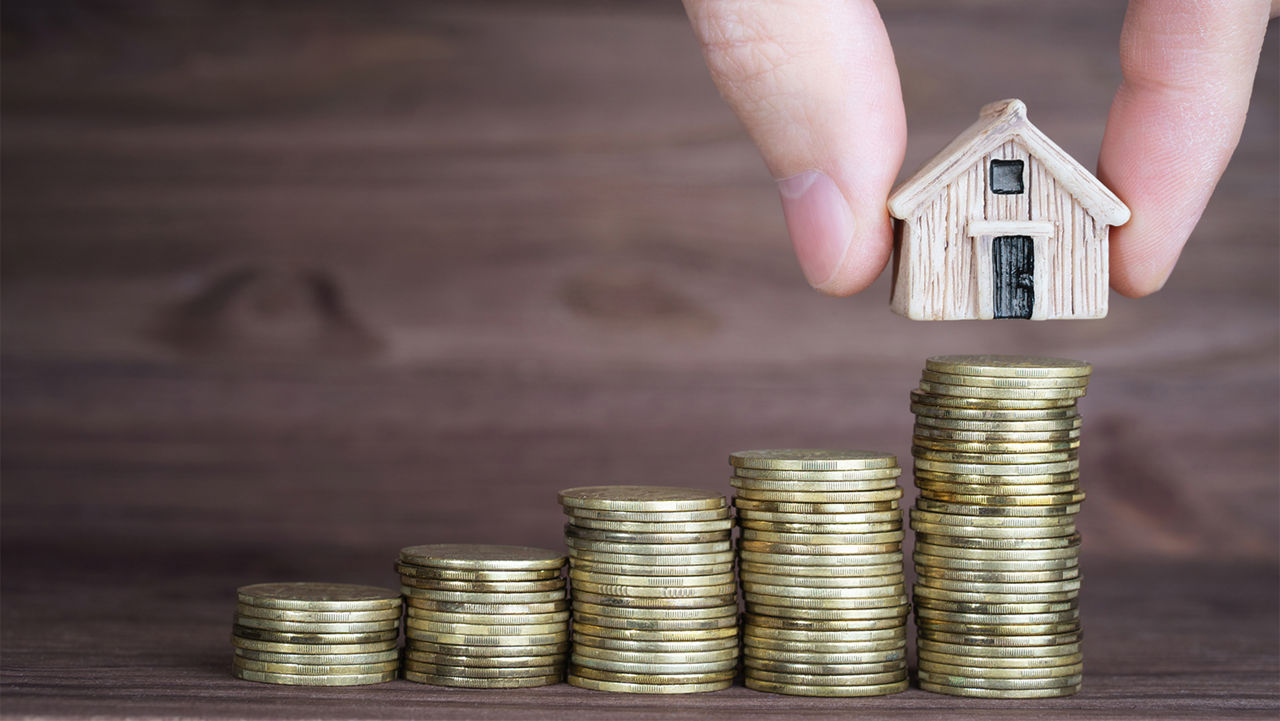
So, how much does a home appraisal cost? Is it expensive? The average range for a home appraisal is between $300-$500, but the price of a home appraisal varies widely across the United States. Several factors go into the cost of an appraisal:
- Size of the Home: The cost of a home appraisal is often higher for larger, more expensive homes and properties with unique features.
- Location of the Property: Another factor in appraisal cost is location. Urban areas and places with a higher cost of living may see higher appraisal fees and expenses.
- Type of Appraisal: The type of appraisal can also impact the cost. A more detailed appraisal process might be required for complex real estate transactions, which can lead to higher expenses.
- Timing: If you need to rush an appraisal urgently, you may face higher fees and costs for the service.
Appraisal fees are typically the homeowner's responsibility and are often a requirement of the mortgage application process. In a real estate transaction, the buyer usually assumes the appraisal cost, but it may also be negotiated in the sale terms. Consult with local professionals, like your mortgage lender, to get detailed information on your specific situation and location.
What Do Appraisers Look for?
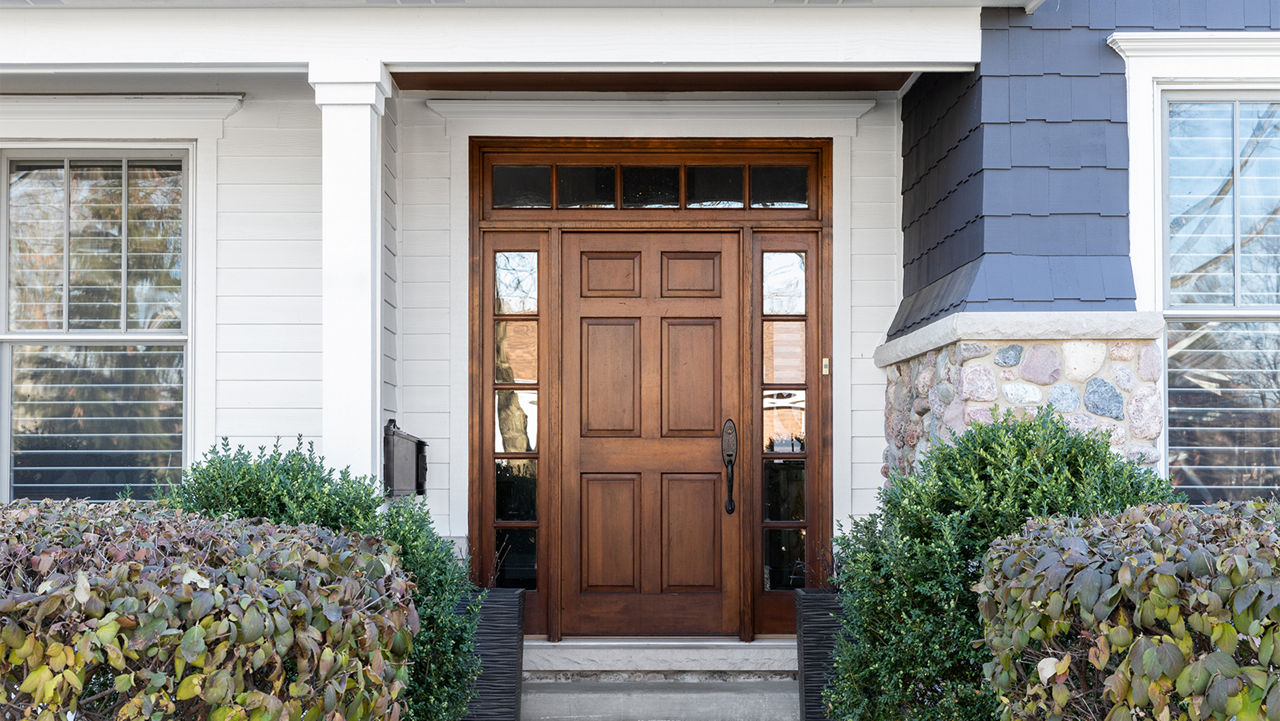
When an appraiser comes to your home, what are they looking for? Is it just the look of the house, or is there more to it? Here is the breakdown of what an appraiser is usually going to examine:
Property Size and Layout
The appraiser will look at your lot size as well as the total square footage of your home. They'll look at the number of bedrooms, the size of each room, and the practicality of the space, too. A unique or unconventional layout can negatively impact the appraisal.
Condition of the Property
While you might not have much wiggle room to change your house's layout or square footage, you can often do a few things to improve the general condition of your property. An appraiser will look at the overall maintenance, including signs of neglect or disrepair. They'll look at your home's age, updates, and recent improvements.
Location
A home appraiser will look at your property's location within your community and the proximity to local amenities. They will look at the quality of the local school district. An appraiser will also examine current local real estate market trends, including the demand for comparable homes.
Construction Quality & Features
An appraiser will look at the quality of construction materials used in your home. They'll look at the foundation and structural components to determine the condition. They may also look at your home systems, including the condition and age of your HVAC, electrical, and plumbing. While it's not the same as a formal home inspection, the appraiser will check if poor condition impacts your home value. If you plan to include appliances in your home's sale, they will also look at the age and condition. Features that enhance energy efficiency can add value.
Safety, Code Compliance, and Records
A home appraiser will assess if your home is up to local building codes and regulations. They may check for the presence of smoke alarms, carbon monoxide detectors, and other safety and security features. They will check property records for permits for additions and renovations. They may also look at any liens or legal issues associated with your property—anything that could impact a potential buyer.
5 Ways to Get Ready for a Home Appraisal
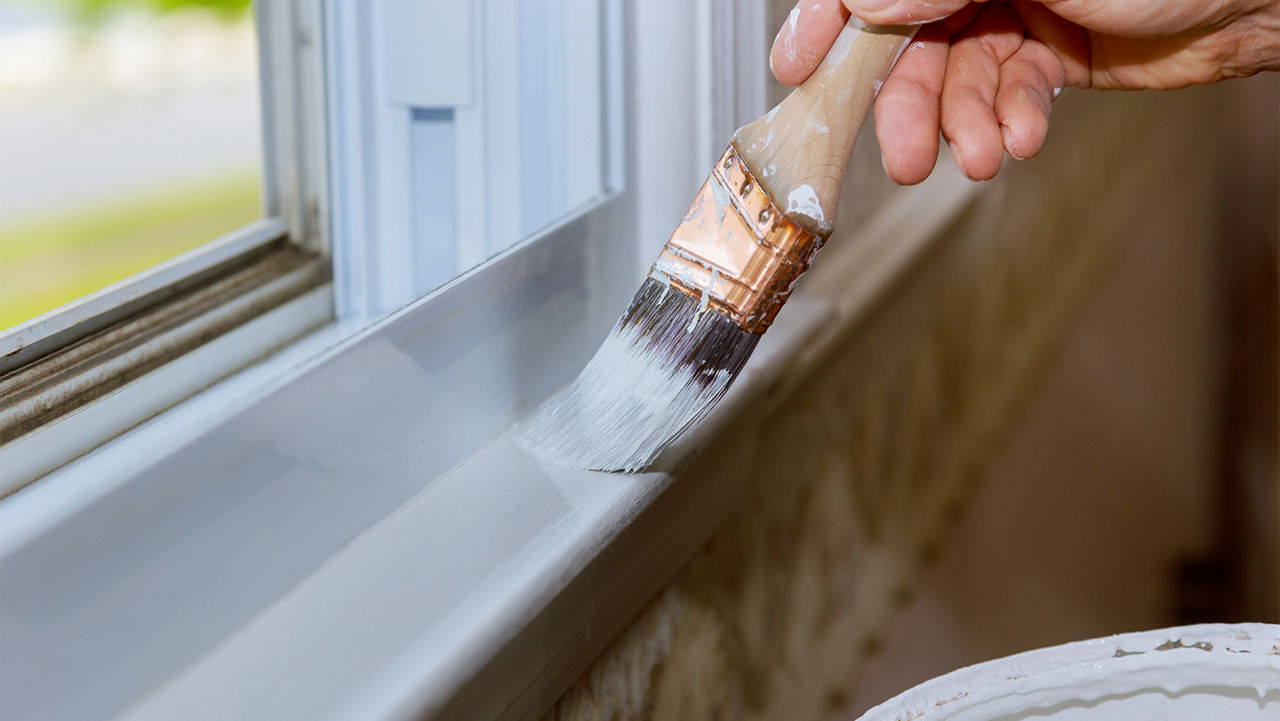
If you’re considering a home appraisal, there are several things you can do to help the appraiser see your home in its best light. Many of these projects are simple DIY endeavors that can offer an outsized benefit in determining an optimal value for your home.
To decide and prioritize home projects, ask a trusted friend to honestly walk through your house as though they were a buyer. Sometimes, it's hard to pinpoint the best areas of improvement yourself. Spend time evaluating your home as objectively as possible so you'll know where to focus your efforts.
Touch Up the Paint
One of the easiest ways to give your home an instant facelift is to touch up the paint. Walk through your house and look for scuff marks, dirt, or places where the paint has chipped or faded. If you can't paint the whole room, focus on the lower areas and eye level, where you can make the most impact.
To touch up the walls, start with spackle. Fill in any nail holes, dings, dents, or scratches in the walls. Follow with sandpaper to smooth out the area. From there, touch up the painting imperfections using a paintbrush and the exact paint color.
Some walls may require you to get out a paint roller and give the entire wall a fresh coat of paint. If the paint is starting to age or hard to match, it may be easier to paint the full surface. Be sure to work over a drop cloth. Cut in the edges and trim, and then use a roller to evenly coat and cover the wall.
Replace Old Hardware
A simple, quick fix to give your home a quick update is to replace any old and worn hardware. Cupboard pulls, doorknobs, and light fixtures quickly date a house and detract from the overall look. Perform any necessary repairs to ensure everything opens and closes as smoothly as possible.
Look at your faucets and the handles in your bathroom and kitchen. Changing a faucet can significantly impact a room with just a little hard work. It's affordable and well worth the effort to refresh the room.
Clean windowsills and wipe down doors and hinges. Check switch plate covers for cracks or signs of aging. These small home improvements can make a big difference in your home's overall look and feel to a professional appraiser.
Tidy Up & Organize
A home appraiser will not be judging your housekeeping skills! However, a cluttered house that’s hard to assess can lead to a lower valuation. It’s a good idea to take some time to declutter your home as much as possible before the appraisal. If you plan to sell your home soon, it can help you get a jump start on the real estate showing process for a potential home buyer.
Before the appraisal, you'll want to straighten up your home and tidy the surfaces. Put away clutter and clothes in drawers. Remember that an appraiser will likely look through any built-in areas (like closets and cupboards).
Wipe off the countertops. Clean the bathroom. Put away dirty dishes. If possible, vacuum and mop the floors and take care of any spills, scuffs, or stains. A clean home will naturally have more appeal. You may also want to spray some roof freshener and spruce up pet areas.
Clean Up Your Yard for Curb Appeal
Even if you don’t have a green thumb, you can increase your home's curb appeal by sprucing up your yard and home's exterior. Mow the lawn, clean up yard debris, and care for unsightly areas or potential issues outside your house. Do minor repairs.
You may want to wash your windows. If you have a power washer, clean the siding and exterior of your home to remove any dirt and help it look as fresh and bright as possible. It doesn't hurt to wash off the front steps, pathways, and even the back deck or patio, too.
Make sure that trees and bushes are well-kept and trimmed up. Remove any dead branches and debris from around the perimeter of your home. Consider anything impacting your property value, especially safety hazards like dead trees.
List Home Improvement Projects
When you speak to your home appraiser, they will ask you about any home improvement projects and updates you have made. Get a jumpstart on the process by sitting down and making a comprehensive list of your home renovations and projects.
Even little projects like recaulking the bathroom and painting the walls should be considered on your list. If you’ve added new windows, a new door, or installed a new roof, gather the records and dates for the appraiser. Don’t forget about improvements to the yard, like fencing and landscaping.
You will also want to find records of your major appliance purchases and any warranties and manuals for these items. Your furnace, water heater, major kitchen appliances, and even a washer and dryer may factor into the home appraisal.
Get Ready for a Home Appraisal with Do it Best

If you’re facing a home appraisal, don’t worry! You’ll get everything you need to spruce up your home from Do It Best.
Remember that appraisers are looking at factors like your home's size, layout, and condition to determine a fair market value. If you invest in an appraisal, it's worth a little planning and work to make sure your home is in optimal condition for the appraiser's visit.
Touch up the paint and repair any dings, dents, or scuff marks on the walls. Change out any older hardware for a quick way to update your space. Tidy up your house and organize it as much as possible, taking time to declutter. Clean up your yard and the exterior of your home, too—don’t forget that all-important curb appeal!
Before the appraisal, take time to list any home improvement projects you may have taken on since you owned the home. Pull out the paperwork and records of these projects, too. Include the manuals and details on major appliances you plan to include in the sale, like the furnace, oven, fridge, and washer.
As you improve your home, rely on Do it Best for all the supplies you need to make it as comfortable and beautiful as possible. We're here to help you succeed at all your home renovations and updates.
